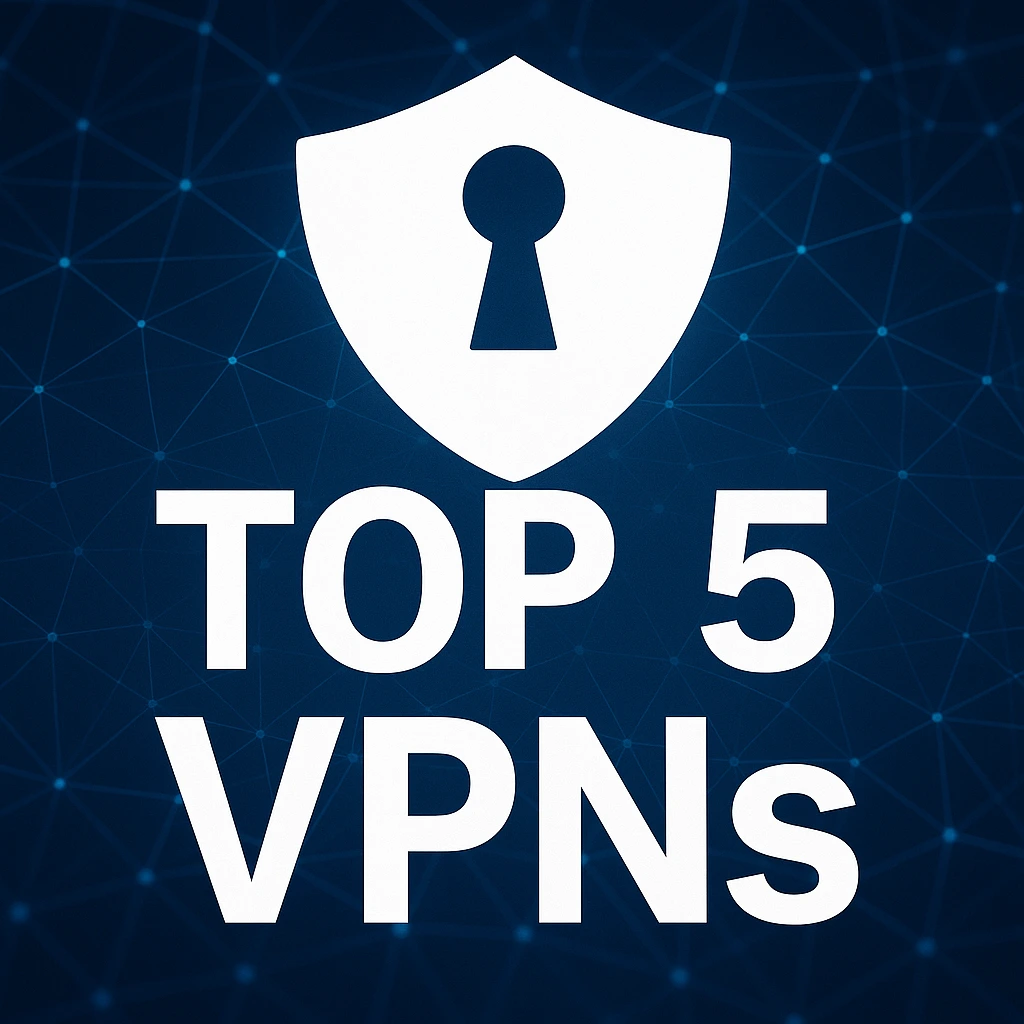Artificial intelligence & Future of Hummans
Artificial intelligence (AI) is no longer science fiction—it’s becoming part of our daily lives. From voice assistants like Siri to self-driving cars, AI is changing the world in ways we once imagined only in movies. It’s exciting, powerful, and a bit mysterious.
As AI grows more capable, people wonder: what will it mean for us as humans? Will it take jobs or make life better? Will it create more opportunities or cause new problems? These are important questions we’re just beginning to answer.
In this article, we’ll explore how AI is shaping our future—how it affects work, creativity, society, and even our sense of purpose. It’s a big topic, but I’ll break it down in clear, friendly terms so you can see what lies ahead.
The Growing Role of AI in Daily Lives
AI is popping up everywhere—big and small. When you chat with customer support or get a movie recommendation, AI is often behind the scenes, learning what you like and tailoring suggestions.
Even simple things like sorting your photos, filtering spam, or translating languages rely on AI now. It’s quietly improving everyday tasks, making things faster and often better than humans alone.
And as more people use AI, the more it learns—and becomes more helpful. Soon, we might rely on it for managing our health, learning new skills, and even helping with mental well-being.
AI and the World of Work
One of the most talked-about topics is how AI will change jobs. In some fields, AI can handle routine tasks: data entry, basic customer service, even preliminary legal research. That might free people up to focus on more creative or complex parts of their job.
But there’s also concern about job displacement. Some roles may disappear or change significantly. This means we may need to learn new skills to stay competitive and keep growing.
The hopeful side is that AI could also create whole new jobs—like AI ethicists, data curators, and people who work on human-AI collaboration. As AI evolves, so too will what humans bring to the table.
Ethical Questions and Responsibility
AI comes with big ethical questions. Who’s responsible if an autonomous car makes a mistake? How do we keep AI from discriminating against people or being used in harmful ways?
Many researchers and governments are working on guidelines to make AI fair, transparent, and safe. The goal is to ensure AI respects privacy, human rights, and social values.
As AI becomes more powerful, we all have a role in shaping it. From developers to policymakers to everyday users, we can push for ethical standards and make sure AI serves people—not the other way around.
Human Creativity and AI Collaboration
Despite fears that AI might replace us, it’s often better to think of it as a creative partner. Artists, writers, musicians, and designers are already using AI to generate ideas, explore styles, and streamline routines.
That doesn’t mean AI does everything. Instead, it offers starting points or suggestions—humans still refine, add meaning, and give context. It’s a collaboration, not a competition.
This blending of human insight and AI’s raw power could lead to new forms of art, storytelling, and innovation we haven’t dreamed of yet.
Social Impact and Global Challenges
On a bigger scale, AI has the potential to improve healthcare, education, and the environment. Tools that predict disease outbreaks, personalize learning paths, or optimize energy use could benefit millions.
But we also need to be careful. AI systems can amplify bias or concentrate power if not managed responsibly. It’s up to society to balance innovation with fairness and accountability.
The future of AI depends on inclusive practices—making sure diverse voices guide its design so AI benefits everyone, not just a few.
Preparing for an AI-Driven Future
The future with AI will require ongoing learning and adaptation. Lifelong learning—through courses, workshops, or self-study—will be key as new AI tools continue to emerge.
Schools, universities, and workplaces may need to shift focus toward creative thinking, digital ethics, and human-AI collaboration skills—areas where humans shine.
By staying curious and embracing change, we all can prepare for a world where AI is a partner, not just a tool or competitor.
Final Thoughts
AI is already reshaping how we work, create, and solve problems. That shift brings both opportunity and challenge. How we respond will shape whether AI empowers humanity or divides it.
At its best, AI can amplify our creativity, speed up innovation, and help us tackle global problems—from climate change to healthcare. At its worst, it could deepen inequalities or erode privacy if left unchecked.
The future is not written yet. By building AI with care, ethics, and human-centered values, we can work together with technology to create a future that’s hopeful, inclusive, and filled with new possibilities.
FAQs
Will AI take all the jobs?
No—while some repetitive jobs may be automated, many new jobs will be created in AI development, ethics, and human-AI collaboration. Humans bring creativity, judgment, and emotional understanding—qualities AI can’t replace.
That said, change isn’t always easy. Many people will need to learn new skills through training and education programs to stay relevant in the evolving job market.
With the right support and planning, AI can shift work toward more meaningful, human-driven roles rather than eliminate them entirely.
Can AI be biased or unfair?
Yes, AI can reflect the biases of its creators or of the data it learns from. That’s why responsible development, transparency, and oversight are critical.
By ensuring diverse perspectives are included in designing AI systems and regularly auditing them for bias, we can reduce hidden unfairness and create systems that work for everyone.
It’s a shared effort—developers, users, and policymakers need to collaborate to keep AI just and accountable.
How can I learn to work with AI in my field?
Start with free or low-cost online courses that teach basics like AI literacy, data ethics, or human-AI partnerships. Many platforms offer project-based learning that helps you use AI tools hands-on.
Join communities—like forums, meetups, or Discord groups—where people share experiences and practical advice about AI use in real-world jobs.
Most importantly, pick one AI tool related to your field. Experiment with it, see where it can help, and build confidence through small, practical steps. You’ll learn fast that working with AI can be creative and fun.

